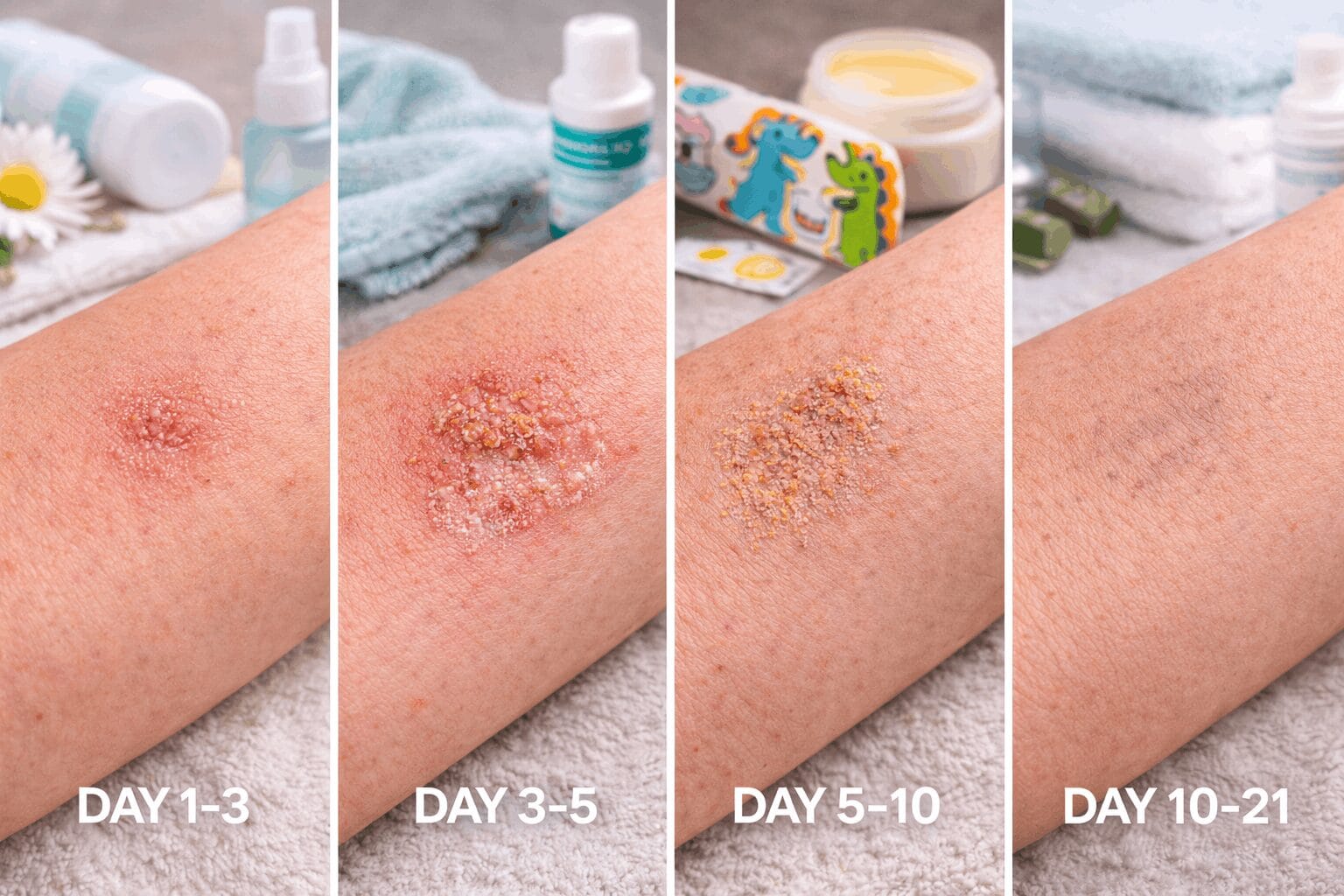Rabbits are gentle, quiet, and endlessly adorable pets. Their soft fur and curious personalities make them a favorite for families who want a cuddly companion. But if you have allergies or asthma, you may wonder: are rabbits hypoallergenic? The simple answer is no — no rabbit breed is truly hypoallergenic. Yet, many people with mild allergies can still enjoy having a rabbit with the right precautions. Let’s explore how rabbits affect allergies, what symptoms to look out for, and how you can manage them while keeping your furry friend close.
Understanding pet rabbit allergies
When people talk about “pet allergies,” they often think about cat or dog fur. But in reality, most allergies are not caused by fur itself. The real culprits are proteins found in saliva, urine, and skin flakes — also known as dander. Rabbits are no exception. Rabbit dander allergies occur when these tiny particles spread into the air or settle on furniture and clothes. For sensitive people, exposure can trigger sneezing, itchy eyes, or breathing difficulties.
Rabbit allergies symptoms
Allergy symptoms from rabbits can vary depending on how sensitive someone is. The most common rabbit allergies symptoms include:
- • Sneezing or runny nose
- • Watery or itchy eyes
- • Skin rashes or hives after touching a rabbit
- • Coughing or wheezing
- • Shortness of breath in severe cases
If you notice these signs shortly after handling or being near a rabbit, it’s a strong clue that you might be reacting to their dander, saliva, or even hay dust from their bedding.
Rabbits and asthma
For people with asthma, owning a rabbit requires extra caution. Rabbits and asthma can be a tricky combination because allergens in the air may worsen symptoms. Some people also ask, can rabbits cause asthma? While rabbits don’t directly cause the condition, prolonged exposure to allergens may trigger asthma attacks in sensitive individuals. If you have asthma, it’s best to consult your doctor before bringing a rabbit home.
Hypoallergenic rabbit breeds – myth or truth?
Many pet lovers search for hypoallergenic rabbit breeds hoping to find one that won’t trigger reactions. The truth is, no rabbit breed is completely hypoallergenic. However, some rabbits may shed less fur or produce fewer allergens than others. For example, Rex rabbits have shorter, velvety coats that may spread fewer allergens compared to long-haired breeds like Angoras. But even these “low-shedding” rabbits can still trigger rabbit fur allergies in sensitive people.
Best rabbits for allergy sufferers
If you’re set on adopting a bunny despite allergies, choosing wisely can help. The best rabbits for allergy sufferers are typically breeds with shorter coats, like the Mini Rex or Havana. These rabbits shed less fur, which may reduce the spread of dander. Still, remember that even the cleanest, lowest-shedding rabbit can trigger reactions. Regular grooming, cleaning, and smart management are key for reducing allergens at home.
How to manage rabbit allergies
Living with a rabbit when you have allergies is possible — it just requires consistency and care. Here are a few helpful tips on how to manage rabbit allergies:
- • Create rabbit-free zones: Keep your rabbit out of bedrooms to reduce allergen buildup where you sleep.
- • Use air purifiers: HEPA filters can capture tiny dander particles and keep the air cleaner.
- • Clean often: Vacuum with a pet-specific vacuum, wash rabbit bedding frequently, and dust surfaces regularly.
- • Groom your rabbit: Brushing your rabbit outdoors can reduce shedding and dander inside your home.
- • Wash hands after handling: Always wash your hands and change clothes if needed after cuddling your rabbit.
- • Consult your doctor: Allergy medications or immunotherapy may help if symptoms persist.
With the right precautions, many allergy sufferers can live comfortably with their rabbits.
What about hay and bedding allergies?
Sometimes, it’s not the rabbit but its environment that causes reactions. Rabbits eat and live with hay, which often produces dust and pollen. Many owners mistake this for rabbit dander allergies when in fact they are reacting to the hay itself. If you find yourself sneezing more around your rabbit’s cage, try low-dust hay options and use bedding made from paper instead of wood shavings to reduce irritants.
When to seek medical advice
If your pet rabbit allergies are mild — like occasional sneezing or itchy eyes — simple lifestyle adjustments may be enough. However, if you develop severe breathing problems, skin reactions, or asthma flare-ups, it’s important to see a doctor. They can help identify if it’s truly the rabbit, hay, or something else in your home triggering the symptoms. Allergy specialists may even suggest treatments like antihistamines or allergy shots to help you live more comfortably with your pet.
Final thoughts
So, are rabbits hypoallergenic? Sadly, no. Rabbits can and do cause allergies in sensitive people, especially due to their dander, saliva, and hay environment. However, with awareness and careful management, it is possible for many allergy sufferers to enjoy life with a rabbit. Choosing lower-shedding breeds, cleaning often, and creating safe spaces can make a world of difference.
For anyone dealing with rabbit allergies symptoms, the most important step is listening to your body and seeking medical advice when needed. Rabbits are loving companions, and with the right care, even allergy sufferers can share in the joy they bring.





